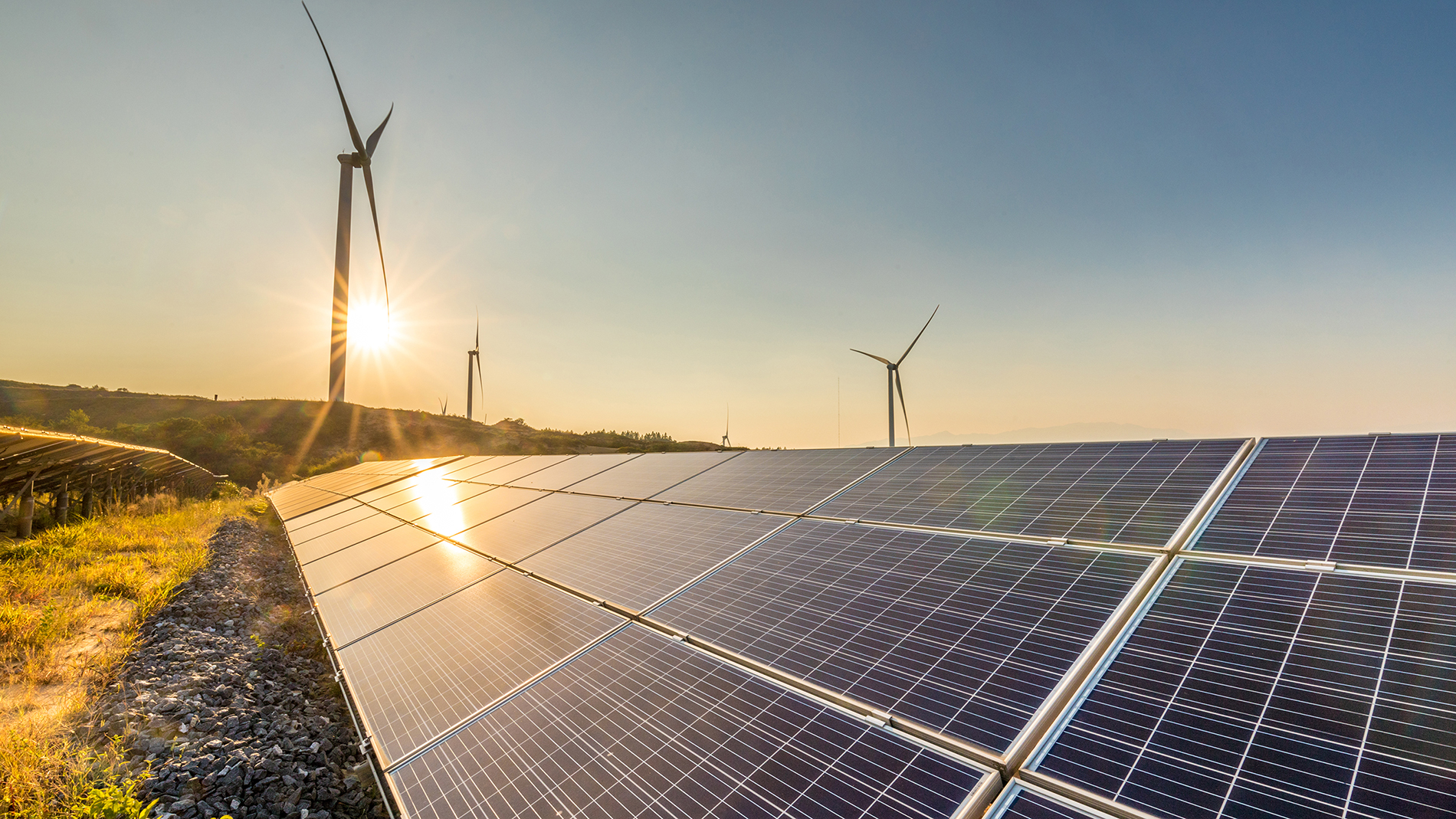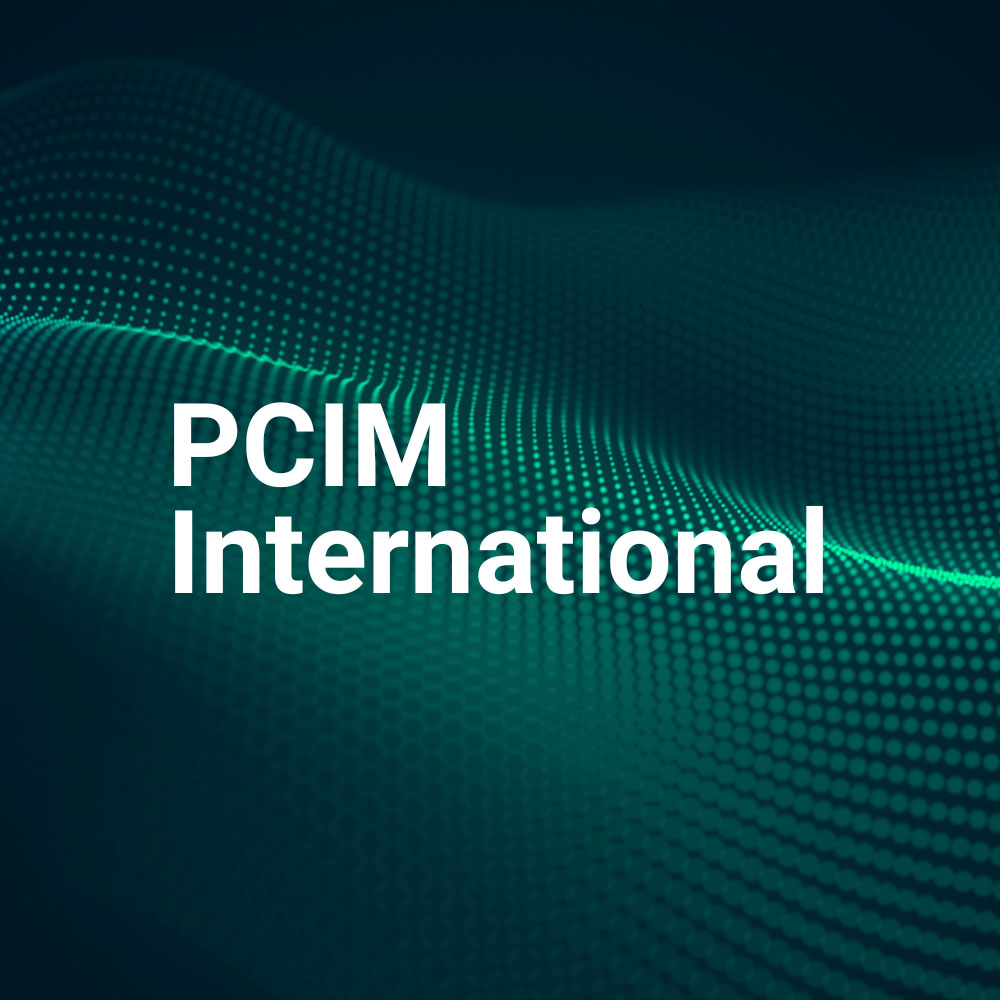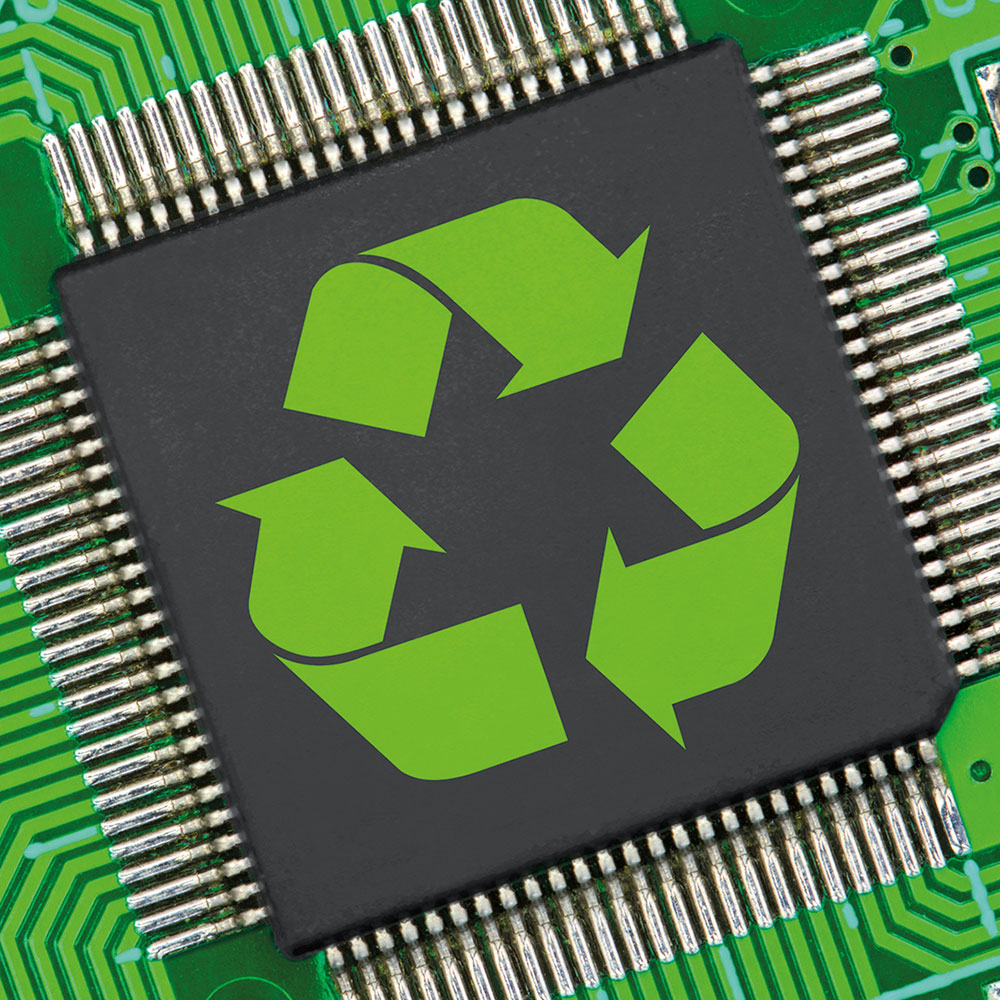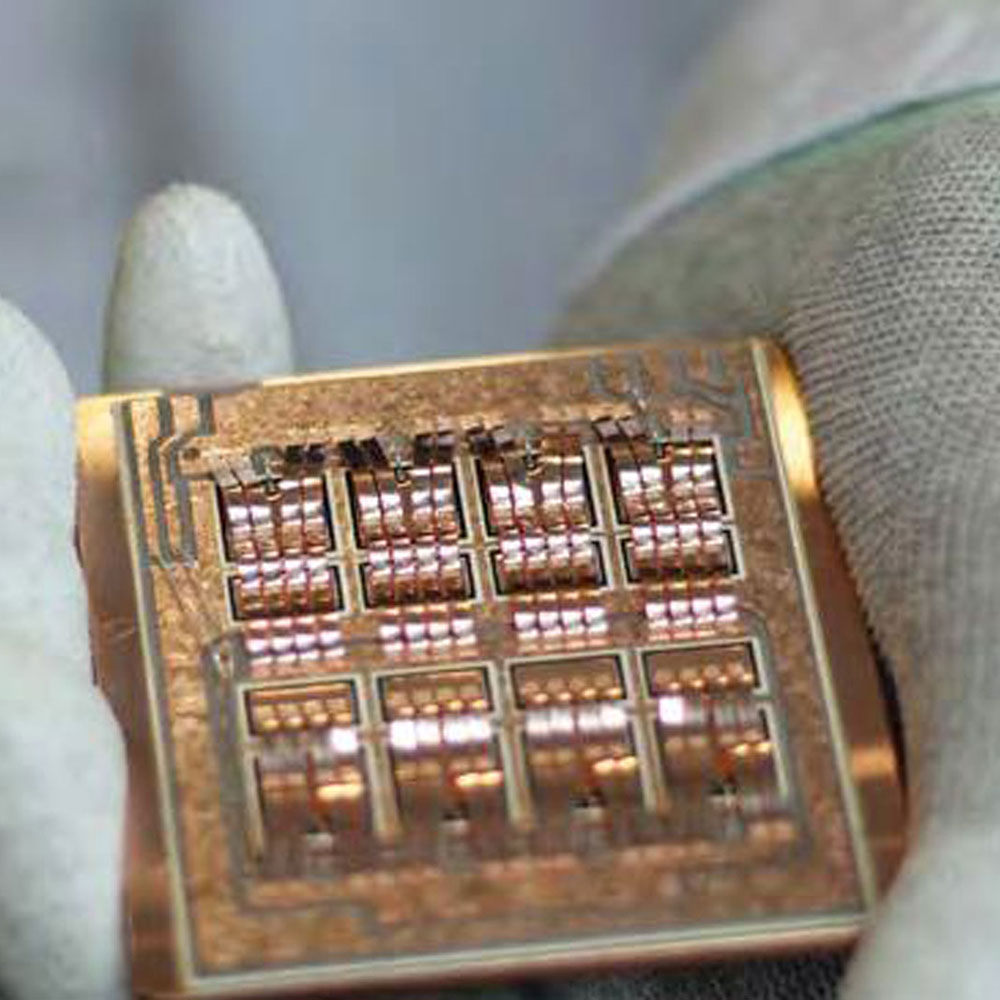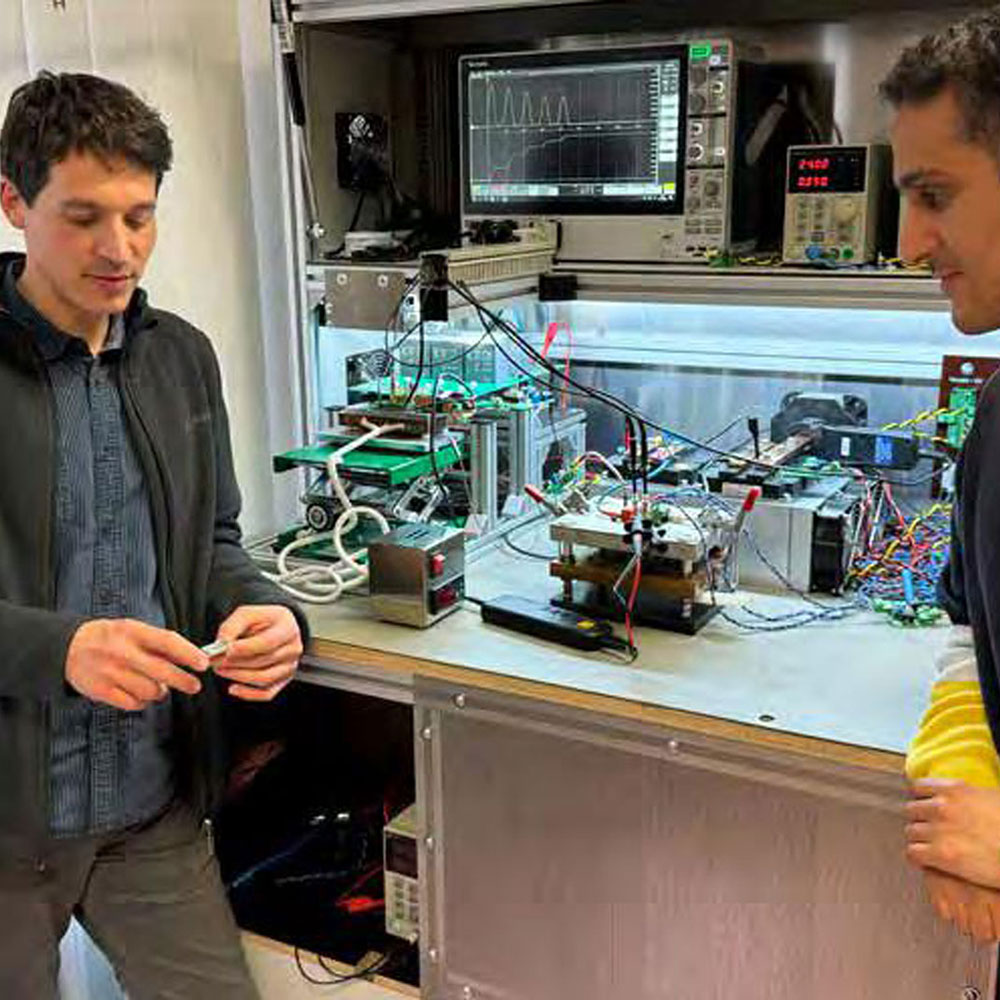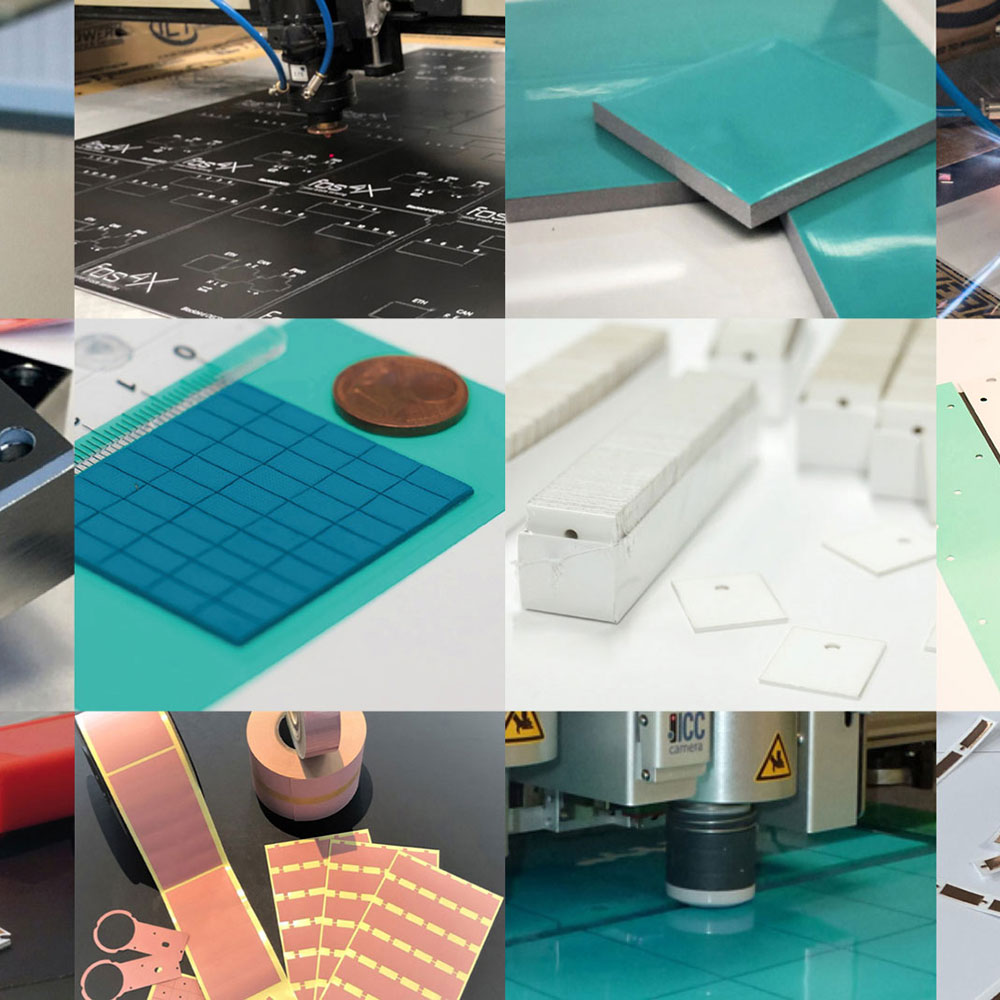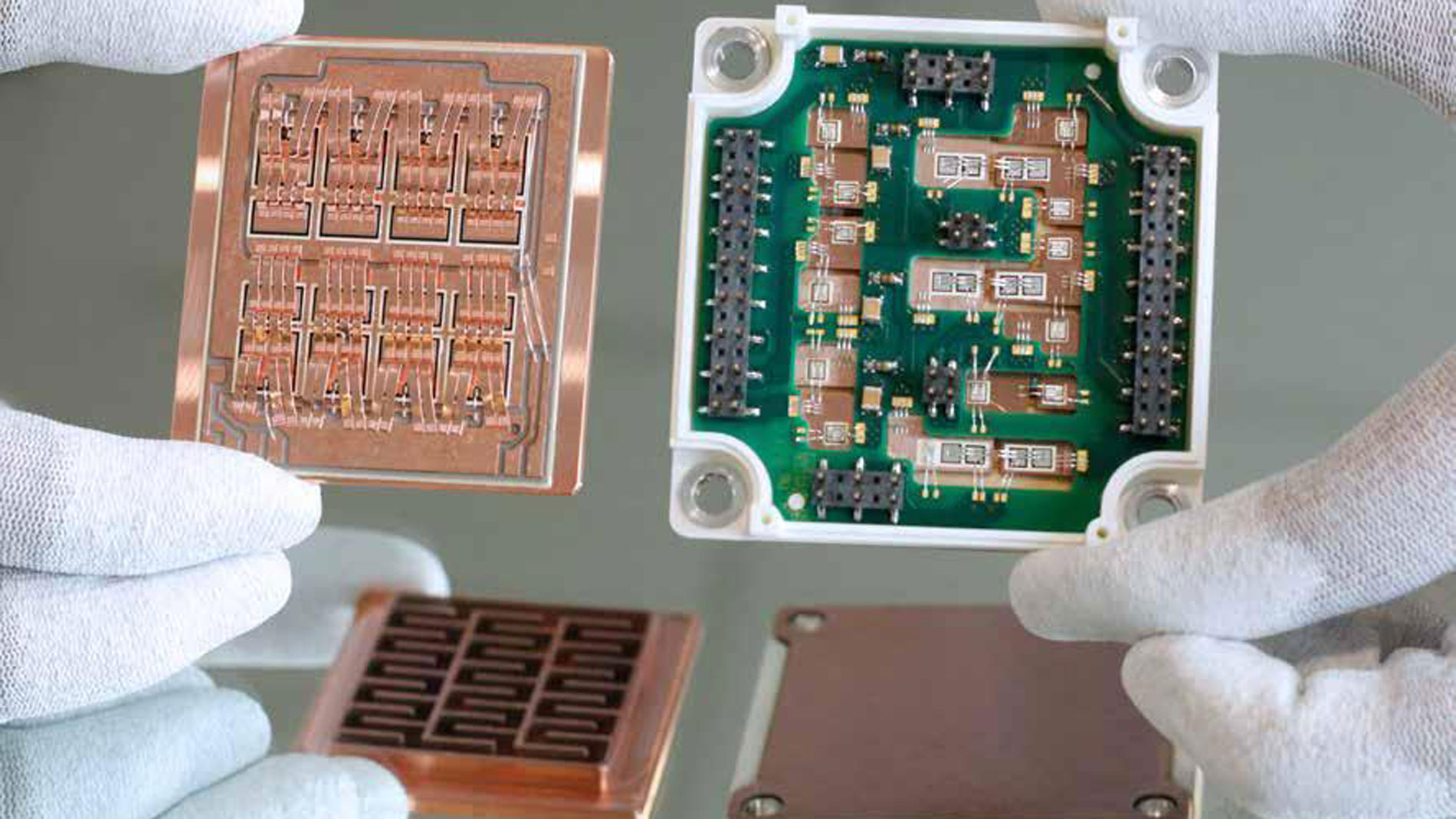
Prof. Dr.-Ing. Frank Osterwald, Managing Director of the Society for Energy and Climate Protection Schleswig-Holstein GmbH, Kiel, Germany, and member of the PCIM Europe Board of Directors
The goal is not just for Schleswig-Holstein to be Germany’s first climate-neutral industrial state, but also to provide thought leadership for the energy transition: The second PowerNet conference, organized by EKSH in February this year, aligned 600 people from across politics, administration, economy, science and municipalities to advance the energy transition in the region, and with its neighbours in Denmark. Always central to the discussion is the crucial role of power electronics, in mobility and trans-portation, grids, heating, and communication and digitalization.
E-Mobility: sustainability on a system level
The increased use of battery and hydrogen-powered vehicles, from cars, bikes, trucks, coaches and trains, to boats, ships, planes, and helicopters, all rely on power electronics. The projects supported by the EKSH range from electrolyzers and fuel cells for hydrogen energy, to wider sustainability issues (like bat-tery control and re-use), and efficient charging – such as a two-year research initiative, with a local industry partner, on silicon-carbide-based charging stations (led by PCIM Europe advi-sory board member Marco Liserre).
Power electronics to form an even more flexible grid
Power electronics are also critical in enhancing the efficiency and intelligence of the power grid, thus facilitating a more sustainable and efficient energy landscape. This includes applications in smart transformers, high-voltage short-coupling devices, control systems, and energy storage solutions, as well as managing the charging and discharging of large battery plants.
One research focus at the University of Kiel, for example, is on smart transformers. The right solutions here could play a significant role in addressing the many extra transformer stations energy grids will need to accommo-date increasing volumes of decentralized renewable sources. Comprehensive data from transformers can enhance grid control, to boost systemwide robustness. Smart transformers can also reduce the amount of copper required, by replacing it with semiconductors, which are not as scarce a resource as copper is likely to become in the future. A related, EKSH funded project, at the West Coast University of Applied Sciences in Heide, is into MVDC short couplings, which will provide an even more flexible energy flow in the grid.
Power electronics for fossil-free heating
The smart grid is also implicated in the transition to fossil-free heating – a significant challenge for many, particularly in Germany and Schleswig-Holstein where oil and gas heating systems still dominate. The widespread adop-tion of heat pumps is one approach, which, of course, necessitates the efficient control of the compressors. Another approach in-volves expanding district heating systems and supplying them with fossil-free energy. Geothermal energy could be one way to generate both electricity and heat. For geothermal exploration to be effective, the many large pumps involved need to be controlled with advanced power electronics.
But there are other exciting opportunities. A winning project of the EKSH-Energy-Olympics that stands out was executed by the community cooperative in Bosbüll. The cooperative manages a wind and solar farm, and recently incorporated an electrolyzer to produce hydrogen with their excess energy. The electrolyzer’s relatively low efficiency of around 30%, resulted in considerable heat losses. The cooperative leverages this excess heat to warm water (to 80°C), which is then distributed via a district heating system. This enhances the overall system efficiency to about 95%!
The three ‘P’s of sustainability: people – profit – planet
Achieving sustainable growth in the power electronics sector is paramount, due to its omnipresence in future technologies and ap-plications. We need to ensure solutions that are sustainably produced, highly efficient, highly reliable, durable, as well as reusable and recyclable. This sustainability can be conceptualized in a triangle of three, interconnected dimensions: people, profit, and planet.
The energy transition requires the engagement of people across a range of professions, from legal to social specialists, and extending beyond the technical aspects of electronics, thermodynamics and materials science, to encompass the ability to communicate and collaborate across disciplines. For companies competing for skilled, multifaceted employees, sustainable operations can also be an important differentiator in attracting and retaining the right people, particularly if it is obvious as a guiding principle throughout the organiza-tion and value chain. Apart from energy use, this is also reflected in how scarce or limited resources are used, from water to rare earth elements, and metals that may be sourced through methods that infringe upon fundamental human rights. Tackling such challenges in power electronics through close coopera-tion between universities and industry can also help companies demonstrate a commitment to sustainability to students, whilst also paving a way for these people to transfer their talents to the company after their studies.
Profitable business growth is achievable through enhancing efficiency and sustaina-bility, to reduce the consumption of energy and resources, and to minimize waste. One of the EKSH’s scholarship recipients at Flensburg University of Applied Sciences, for example, is working on optimizing losses in electric ma-chines by enhancing the control of eddy currents in their sheet metal packages. Increasing sustainability also should involve rethinking the use of composites, to simplify separation processes for recycling of materials and packaging. It culminates in identifying smart solu-tions that minimize resource consumption, or even by rendering certain aspects of the elec-trical energy system redundant. In this way, investments in sustainability can often lead to significant cost savings, thereby enabling increased profits, and creating opportunities for durable and longlasting growth.
And not least, we cannot forget that “there is no planet B”: Power electronics has a pivotal role to play in protecting our planet. Power electronics components and systems should be sustainable across their design and development, and throughout their product lifecycle. One of the EKSH-funded projects at Kiel University of Applied Sciences, which led to the startup Heimdalytics, involves an intelligent method for reusing battery packs from electric vehicles after they had undergone an electrical health check. And a sustainable lifecycle starts with producing power electronics using renewable energy sources. With this in mind, Schleswig-Holstein recently granted Northvolt a final decision to commence their battery cell production in the region.
Leading action (and thought) on sustainability
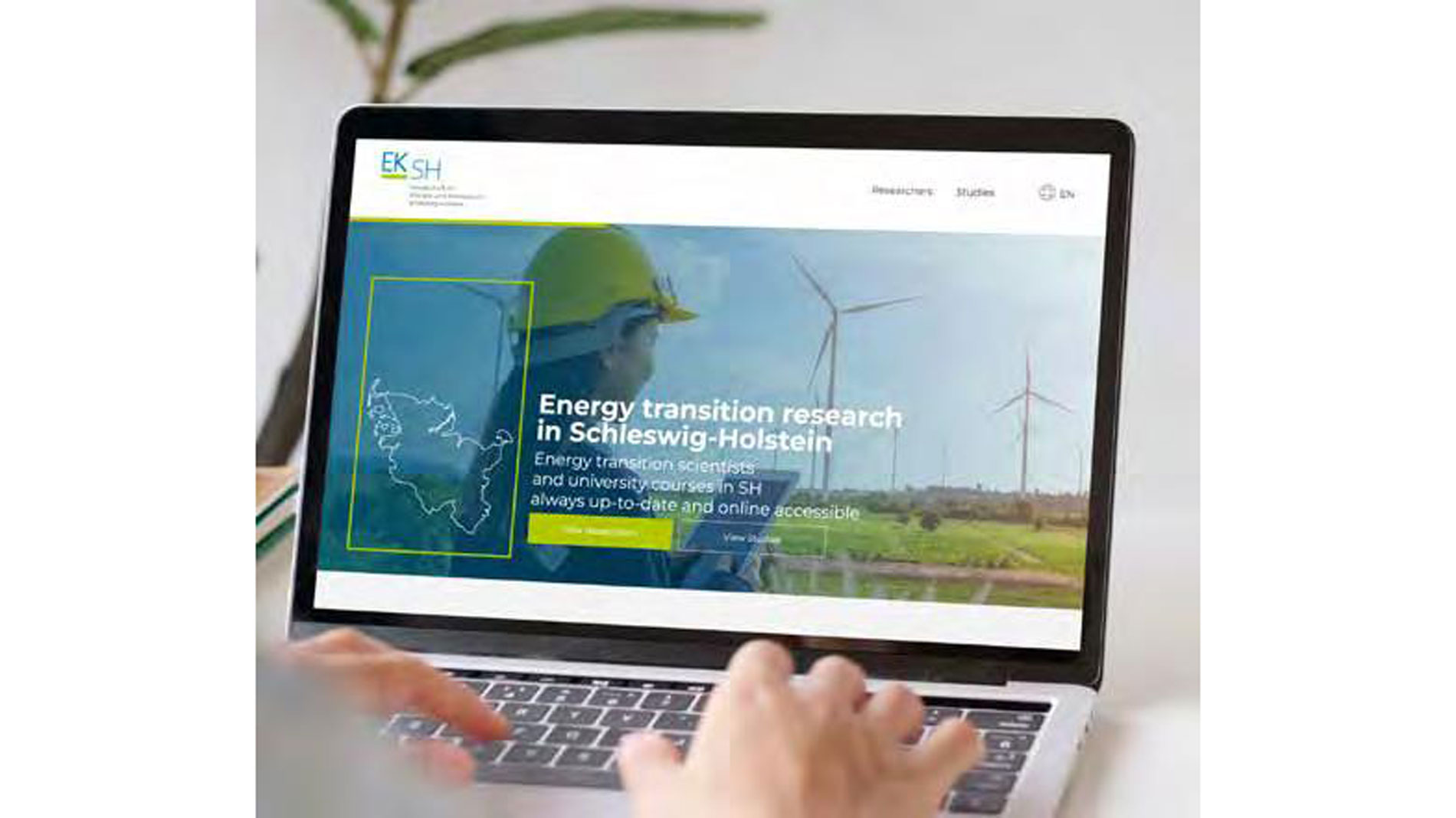
The EKSH engages actively with all dimensions of the people – profit – planet triangle. This starts with the funding of research projects and scholarships that pave the way to developing technologies and systems, along with well-trained personnel. And ultimately, creating solutions that are attractive for private and public sector companies to implement, which advance the energy transition, and contribute to the preservation of our planet.
The PCIM Europe provides an ideal platform for learning, idea exchange, and promoting the collaboration necessary to realize the energy transition fully – the qualities the EKSH is dedicated to fostering.
One of the recipients of EKSH funding, Kiel University of Applied Sciences, with Aylin Bicakci, a PCIM Europe Advisory Board member, will showcase their most recent project results and demonstrators at the PCIM Europe exhibition, and will also deliver presentations at the PCIM Europe conference, showing how making power electronics fully sustainable is challenging, yet achievable.

